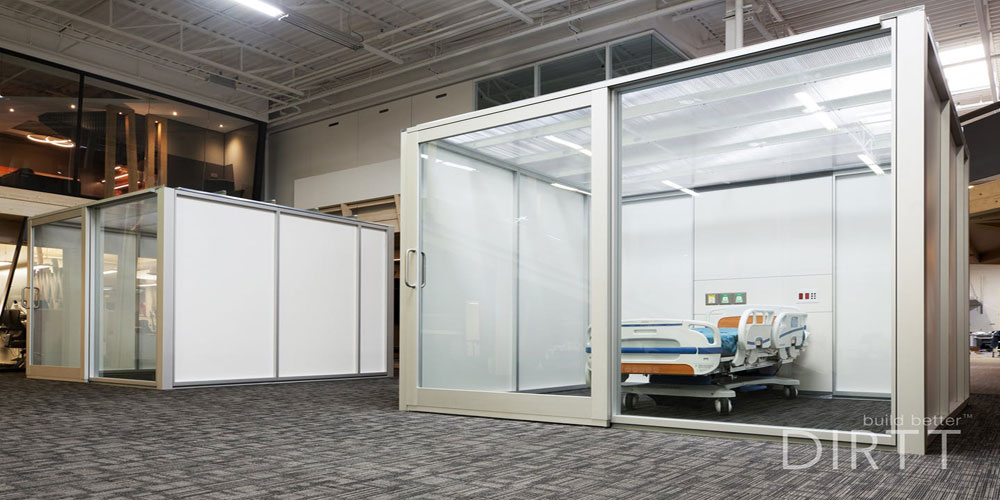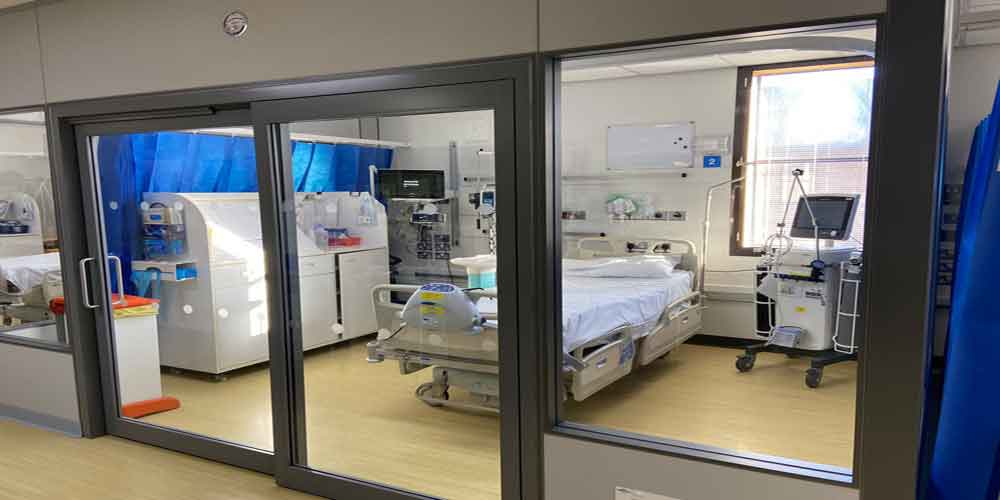Day case recovery pods are an innovative approach to providing efficient and effective recovery care for patients who have undergone minor surgical procedures. These pods provide patients with a comfortable and private space to recover before being discharged from the hospital. They are designed to enhance patient comfort and privacy, reduce wait times, and improve patient satisfaction.
Day case recovery pods are typically located in outpatient surgery centers, clinics, or hospital day surgery units. They are designed to be compact, yet spacious enough to accommodate a patient and their family members or friends who may be accompanying them. The pods are equipped with a comfortable bed, a recliner, a television, and other amenities to ensure patient comfort. Patients can relax in these pods for a specified period after their surgery while being monitored by healthcare professionals.
One of the key benefits of day case recovery pods is that they provide patients with a comfortable and private space to recover. Patients are no longer required to recover in an open hospital ward or shared recovery room, which can be noisy and disruptive. Instead, they can recover in a quiet and calming environment, which can aid in their overall recovery process. Patients can also rest assured that their privacy will be respected, as these pods are designed to provide complete privacy and discretion.
Another significant advantage of day case recovery pods is that they can help reduce wait times and improve patient flow. In traditional recovery rooms, patients may need to wait for an available bed or for other patients to be discharged before they can begin their recovery process. This can result in long wait times, which can be stressful and uncomfortable for patients. However, with day case recovery pods, patients can begin their recovery process immediately after their surgery, without having to wait for a bed to become available.
Day case recovery pods can also help improve patient satisfaction. Patients who recover in these pods tend to feel more comfortable and at ease, which can lead to higher levels of satisfaction with their overall hospital experience. Patients may also appreciate the convenience of being able to recover in a private space, rather than being in a busy hospital ward.
Additionally, day case recovery pods can benefit healthcare professionals by freeing up traditional recovery room space. This can allow staff to focus their attention on patients who require more intensive care or monitoring. It can also help reduce the workload of nursing staff, as patients in day case recovery pods may require less direct care.
However, day case recovery pods do have some limitations. For instance, patients who require more intensive care or monitoring may not be suitable candidates for these pods. Patients who experience complications during or after surgery may need to be monitored more closely, which may require a traditional recovery room setting. Additionally, day case recovery pods may not be appropriate for patients who require extended periods of recovery or who have mobility issues.
In conclusion, day case recovery podsa are an innovative and effective approach to providing recovery care for patients who have undergone minor surgical procedures. These pods provide patients with a comfortable and private space to recover, which can enhance patient comfort and privacy, reduce wait times, and improve patient satisfaction. While they may not be suitable for all patients, day case recovery pods are an important step forward in providing more efficient and effective healthcare services.


